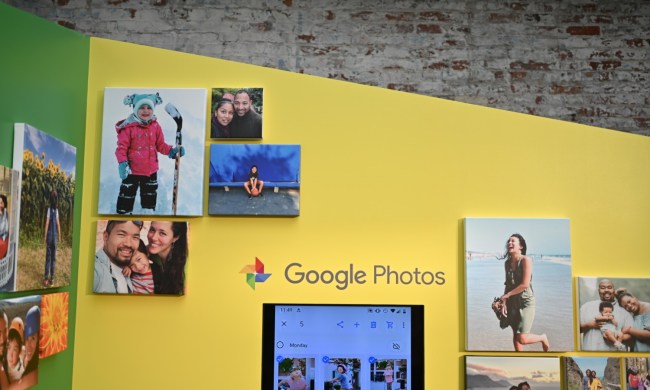
Google Glass is yet to get a commercial release but already plenty of beta testers, otherwise known as Explorers, are putting the high-tech device through its paces. As you might expect, the business world is taking an interest in Glass too, with the medical field in particular cited by many as an industry that could benefit from the device in a myriad of ways.
Tech company Philips and Accenture Technology Labs recently hooked up to demonstrate its own ideas about how Glass could be used in a medical setting, posting a YouTube video on Thursday detailing its proof-of-concept project.
Glass demo
The video (below) demonstrates how Glass might be utilized in the case of someone arriving at hospital with a serious ailment. First, the doctor is shown using the wearable tech to access information on the patient’s status prior to meeting him.
We also see Glass in a surgery setting, with the anesthesiologist able to monitor the patient’s changing status without having to look across to monitors.
“If you have to turn away from the monitor, it makes it a little bit more difficult,” Massachusetts-based anesthesiologist David Feinstein says in the video. “If someone is that critical that you have to keep on looking, it’s nice that with one glance you can find that information again.”
Feinstein adds, “As the new healthcare information technologies start emerging, they’ll start being able to track patients. Having this sort of [Glass] technology tethered to it would be very nice.”
Possibilities
The hands-free high-tech specs could also be used to consult with other medical experts during complex or emergency situations, be used as a teaching tool by recording or live streaming various medical procedures to students, and could even improve communication between doctor and patient when more often than not the computer monitor comes between the two. Improved hygiene could also result, with medical staff touching fewer devices – such as smartphones and tablets – that may be harboring harmful bacteria.
Such widespread use of Glass in the medical field may be some way off, but it’s clearly something that could come to benefit the industry enormously as the technology and systems develop over time.
“To be able to use a wearable display in a medical setting, to give doctors the chance to operate or coordinate with their peers in a hands-free environment is just not anything we’ve seen before,” Accenture’s Brent Blum says. “This is what digital transformation is all about.”
